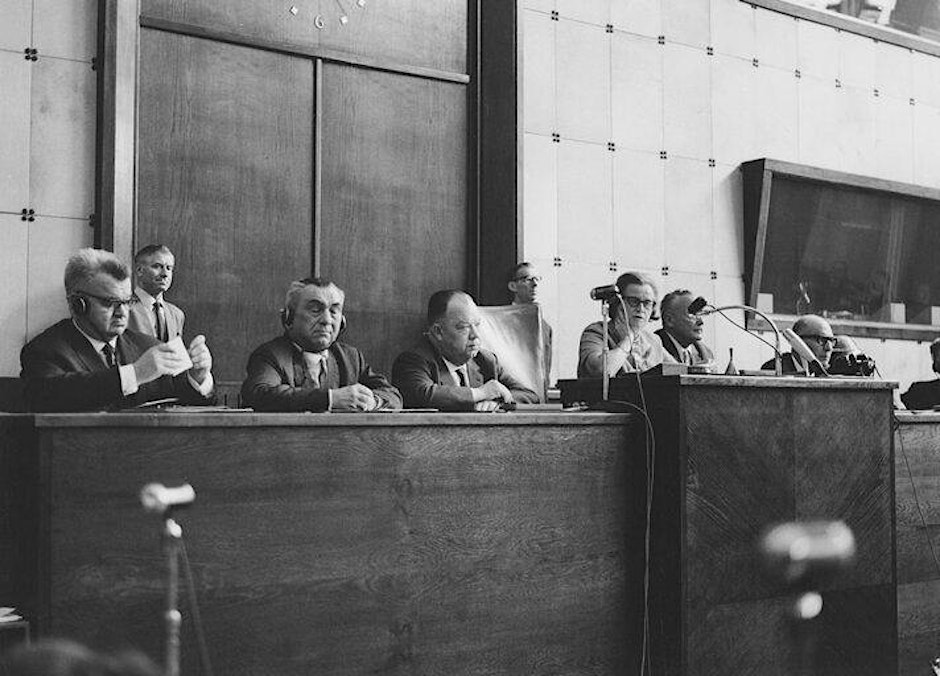Abstract
This public lecture explores the scarcity of women in leadership roles in the early years of European integration, with notable exceptions. In these years, a woman, Käte Strobel, ascended to leadership within a major political group and was appointed vice-chair in a non-traditional policy committee, marking significant breakthroughs in gender representation. Drawing on insights from European Studies and Gender Studies and applying Henriette Müller and Ingeborg Tömmel’s analytical frameworks, this analysis identifies how opportunities can enhance representation at the highest offices, as well as how institutional settings and political culture constrain women’s success. The study addresses when and why these cases occurred and how windows of opportunity at the European level in the early years can be explained.
Speaker
Dr. Simona Guerra is a Senior Lecturer at the University of Surrey, specializing in Euroscepticism, European integration, and Central and Eastern European politics. Recently, she has contributed to key volumes such as Euroscepticism as a Transnational and Pan-European Phenomenon and the Routledge Handbook of Euroscepticism, as well as an ECPR volume on populism’s impact on party systems. Her research covers topics including Brexit, democracy, populism, religion and politics, and transnational Euroscepticism. Currently, she is focused on the early women of European integration (1950-1960) and has been awarded an ESRC IAA Impact Exploration Grant. Dr. Guerra has held many prestigious visiting positions, more recently at Sapienza University and the College of Europe.
Program
17.15: Inscription
17.30: Presentation
18.30: Questions and discussion
19.00: Reception
LTAH is organized as a cooperative format with doctoral students from the Centre of Contemporary and Digital History and the Institute of History at the University of Luxembourg. This instance of LTAH is organized with the support of the Alumni Initiative at the University of Luxembourg.
